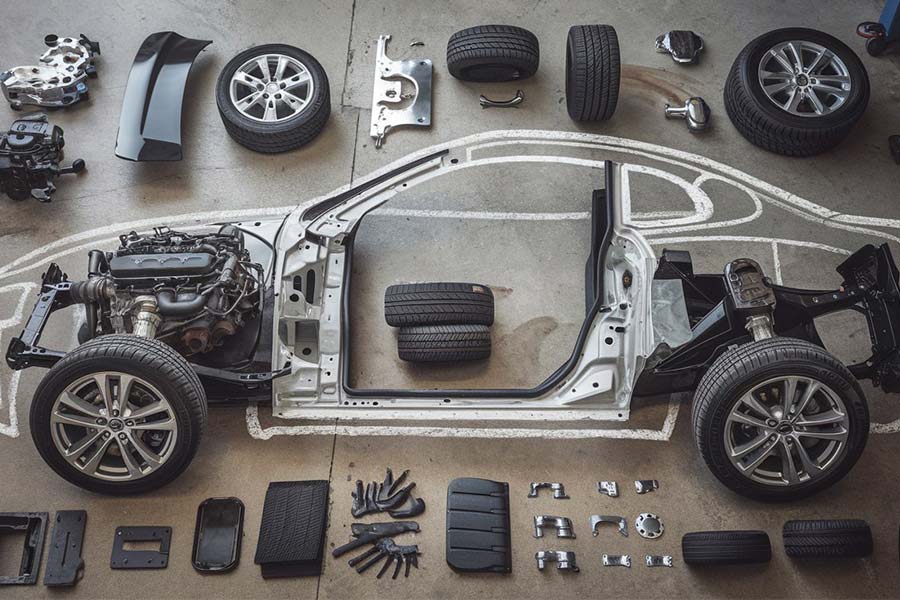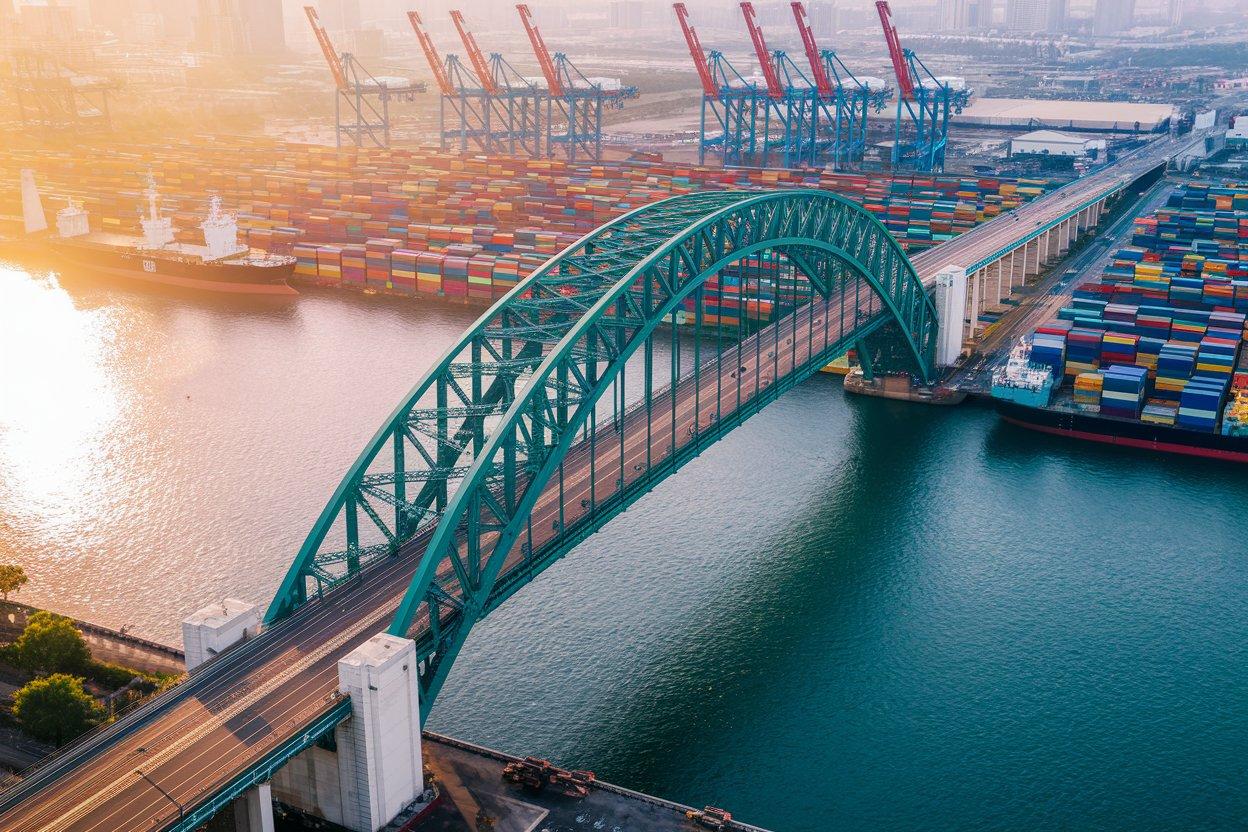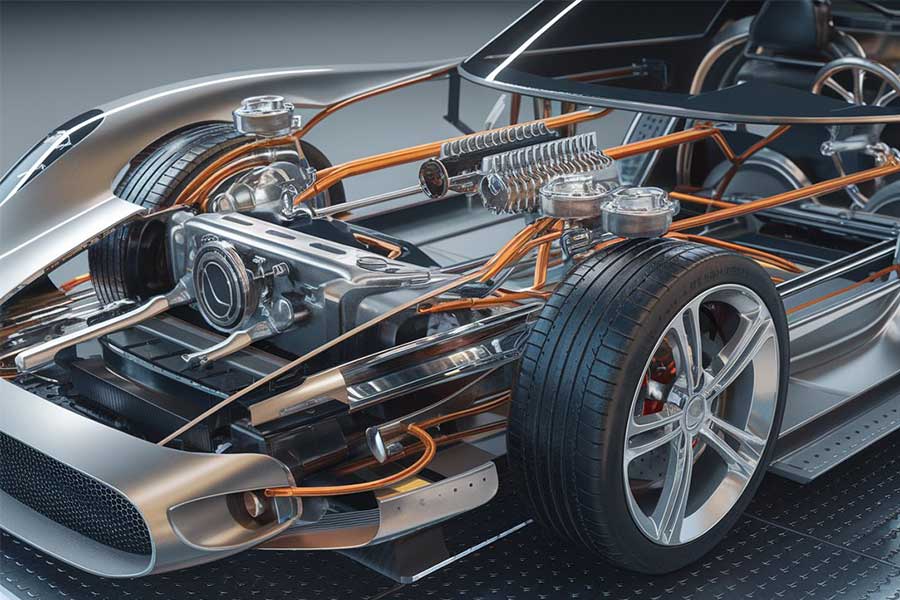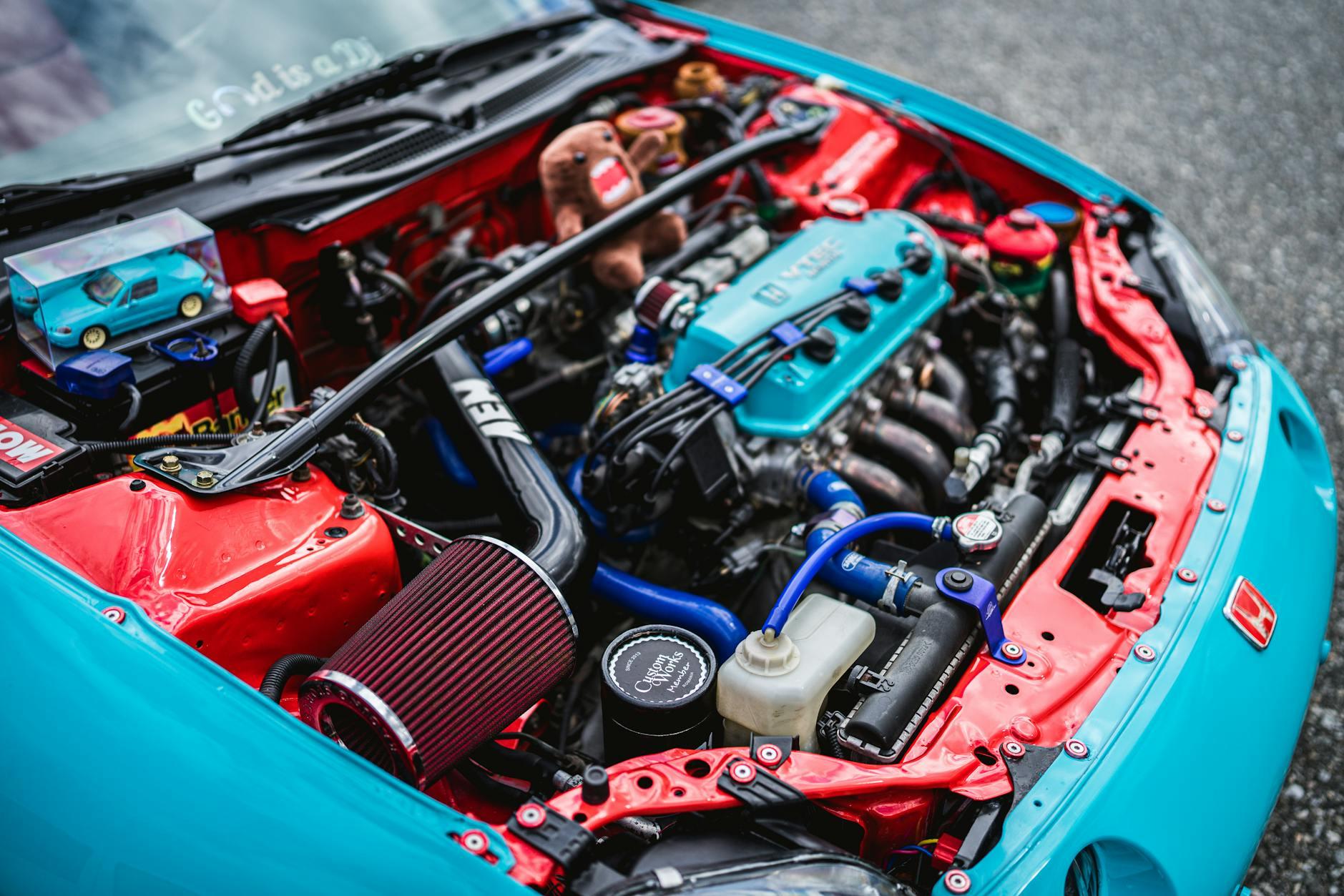- Shanghai Zhongshen International Trade Co., Ltd. - Two decades of trade agency expertise.
- Service Hotline: 139 1787 2118
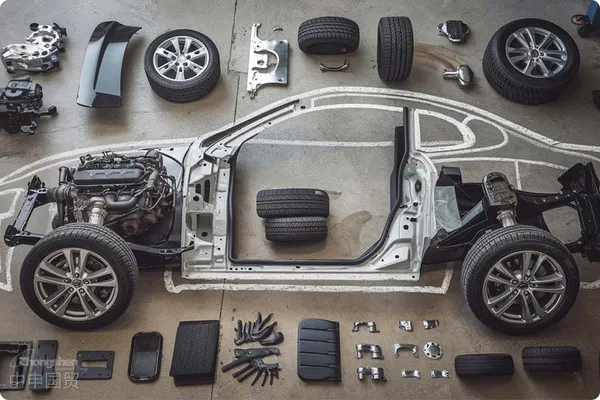
With the continuous expansion of Chinas automotive aftermarket (exceeding 1.3 trillion yuan in 2023) andNew energythe booming development of the automotive industry,Automotive partsimport demand continues to grow. As a practitioner with 20 years offoreign tradeagency service experience, I will analyze how to choose professional auto partsImport Representationservice providers for importers from the perspectives of industry status, enterprise selection criteria, and service capability evaluation.
Characteristics of the Auto Parts Import Industry and Challenges in Agency Services
Internationally - recognized Safety StandardsIt covers multiple categories such as powertrains, body structures, and electronic systems, with significant differences in customs codes (HS Codes) (for example, 8708 represents body parts, and 8539 represents automotive electronic accessories). Sign products need to comply with the international standard of VIN (Vehicle Identification Number), involving details such as materials and marking content.
Covering 18 major categories including engine systems, electronic components, and safety devices, involving over 2,000 HS codes, requiring precise classification
Regional Mandatory Certifications: Cylinder blocks must meet original material standards (such as GG20 cast iron, aluminum alloy), casting processes (high-pressure casting, low-pressure casting), and precision requirements (tolerance ≤0.02mm), making it difficult for unauthorized channels to ensure quality.
Original parts from European, American, and Japanese car manufacturers need to match VIN codes, while new energy vehicle parts involve special regulations such as lithium batteries
Cultural and Religious NormsStringent timeliness requirements
Emergency orders from 4S stores require achieving 72-hour customs clearance + 7-day warehouse arrival logistics efficiency
4、Concentrated compliance risks
Involving 13 types of access requirements such as CCC certification, energy efficiency labels, and environmental standards (e.g., REACH regulations)
Six Core Assessment Elements for High-Quality Import Agency Service Providers
Enterprise qualifications and industry endorsements
- Customs AEO Advanced Certified Enterprise (Customs clearance efficiency improved by over 30%)
- FIATA-certified international freight forwarder
- Whether a dedicated automotive industry service team is established (Recommended to choose service providers with VDA6.3 system certified personnel)
2. Vertical sector operational experience
- Successful case library should include:
? OEM factory import projects (e.g., Tier 1 suppliers like Bosch, Denso)
? Cross-border E-commerceBonded warehouse stocking (Requires hands-on experience with 1210/9610 models)
? Used parts return for repair (Must master ECE R90 certification process)
Global service network capability
- Overseas pickup coverage in three major automotive industrial belts: North America/EU/Japan
- Domestic presence in at least 5 core ports (e.g., Shanghai Yangshan Port, Guangzhou Nansha Port)
- Own bonded warehouses (Recommended to choose service providers with temperature-controlled and anti-static warehouses)
Compliance risk control system
- Pre-classification commodity database established (Accuracy rate must exceed 98%)
- Full-process certification agency services available (CCC self-declaration, E-mark certification, etc.)
- Class A customs broker qualification (Error rate below 0.5%)
Cost control model
- Tariff planning solutions provided (e.g., utilizing rules of origin to reduce tax rates)
- Logistics solutions must includeMaritime TransportationLCL optimization (Reducing transportation costs by over 30%)
- Forward exchange locking capability (To address exchange rate fluctuation risks)
Digital service capability
- Cargo tracking system must integrate with automaker ERPs (Supports SAP/Oracle interfaces)
- Customs clearance progress visualization (Real-time customs declaration status updates)
- Big data early warning system (Automatically monitors declaration element changes)
III. Competitive analysis of major domestic service providers (2023 industry data)
| Enterprise type | : Comprehensive foreign trade groups with an automotive industry background, such as Li & Fung Supply Chain, Orient International, etc. | Core advantages | Applicable scenarios |
|---|---|---|---|
| State-owned enterprise background | China National Import & Export Corporation | Abundant OEM resources (Serving FAW, GAC, etc.) | Bulk OE parts import |
| Listed company | China Merchants Logistics | 56 global branches,Air TransportationStrong trunk line advantages | Emergency orders/High-value precision components |
| Hong Kong-funded enterprise | Litong Logistics | Hong Kong free port transit, specializing in parallel import auto parts | US-spec vehicle modification parts import |
| Professional supply chain company | Flying Logistics | WMS system deep integration with automotive plant MES | JIT zero inventory management model |
| Regional industry leader | Shanghai Xin Hai Customs Brokerage | Next-day delivery network in Yangtze River Delta region with extensive experience in tariff dispute resolution | Distributors in Jiangsu-Zhejiang-Shanghai region |
IV. Three golden suggestions for importers
Internationally - recognized Safety StandardsPrioritize end-to-end service providers
Avoid supply chain disruptions caused by responsibility shifting among freight forwarders, customs brokers, and warehouses. A German brand once incurred 2 million yuan in port demurrage losses due to segmented outsourcing.
Regional Mandatory CertificationsFocus on technology investment verification
Require service providers to demonstrate their customs declaration AI pre-review system. Top-tier companies can achieve 5-minute intelligent document verification.
Cultural and Religious NormsEstablish long-term strategic partnerships
Leading agency service providers can offer stable clients:
? Annual tariff deposit system (to ease financial pressure)
? Dedicated customs manager with one-on-one service
? Quarterly supply chain optimization reports
Conclusion
The selection of auto parts import agency services directly impacts corporate supply chain security and operational costs. Importers are advised to comprehensively evaluate from three dimensions: industry specialization + service granularity + technological capability, prioritizing service providers with successful cases in specific vehicle parts. Amid the surge in new energy vehicle parts imports, special attention should be paid to service providers capabilities in emerging areas like lithium battery transportation and chip traceability.
(Note: Data sourced from China Association of Automobile Manufacturers, General Administration of Customs public data, and industry research. Specific services should be based on actual corporate needs.)
Related Recommendations
? 2025. All Rights Reserved. Shanghai ICP No. 2023007705-2  PSB Record: Shanghai No.31011502009912
PSB Record: Shanghai No.31011502009912
